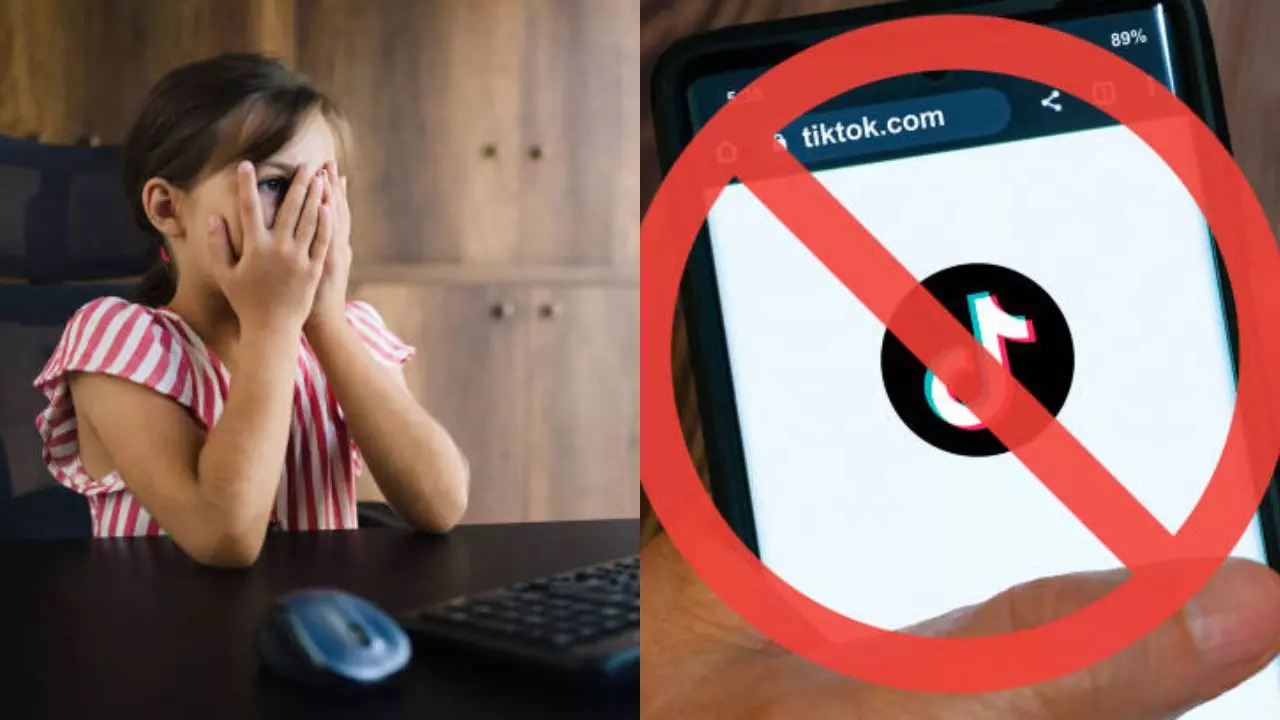-
news
-
Health
-
mental health
Australia bans social media for under 16s – should India follow suit to protect young minds?

Australia bans social media for under-16s – should India follow to protect young minds? (Image credit: iStock)
How does social media affect thinking ability, concentration, focus in children?
The use of social media has engulfed not only children and youth but also adults who are glued to gadgets and various applications. Our concentration has become more focused on knowing what is happening in other people’s lives and then comparing and fearing not having those so-called good moments in our lives.
How can a social media detox help boost mental health?
A social media detox can significantly improve mental health. It relieves anxiety, reduces stress and allows the person to stop making negative self-comparisons. Dr Gorav Gupta, senior psychiatrist and CEO of Tulsi Healthcare, explains that avoiding constant notifications and online interactions allows the mind to rest better and hence, improves focus and promotes mindfulness. “Most people are said to experience improved self-esteem along with mental clarity during this break. Healthy real-life relationships and a balanced lifestyle are also supported as it ensures emotional well-being and a more positive outlook towards life,” he said.
How can banning social media improve physical health?
According to experts, suddenly banning social media can make children or teenagers aggressive because you are taking away from them something to which they are glued. Dr. Shilpi says that banning social media may not work, but putting in place some strict guidelines may work. “It can help enhance quality of life, especially in teens and pre-teens and it promotes mental well-being, relieving us of comparison and body image issues,” she said.
Many children and early teens have careers on social media, what impact will this have on their lives and overall health
Dr Geeta Shroff, co-founder of Lighthouse Counseling Centre, says that a career in social media at such a young age brings with it opportunities and challenges. It encourages creativity and brings in income yet often creates stress, performance pressure and constant scrutiny that affects mental health. “Mental problems arising from such careers include anxiety, low self-esteem and burnout. Spending too much time on screens also impairs physical health as it causes eye strain, disrupts sleep patterns and reduces physical activity,” she said.
Could banning social media for teens improve their mental health?
Dr Mathews Joseph Panicker, consultant psychiatrist at Chinmaya Mission Hospital, explains that restricting social media can encourage teenagers to explore alternative interests like reading and art, which support mental health and provide an opportunity to connect with the real world. Make relationships. However, Dr. Panikkar warns that social media and Internet use can become addictive over time, and if it is suddenly banned, teens who are already dependent on it may lose their need for stimulation. May seek other sources for fulfillment, potentially leading to new forms of addiction. Instead, a regulated approach can prevent overdependence, allowing teens to use social media thoughtfully while gradually moving toward healthier, more gratifying activities.


